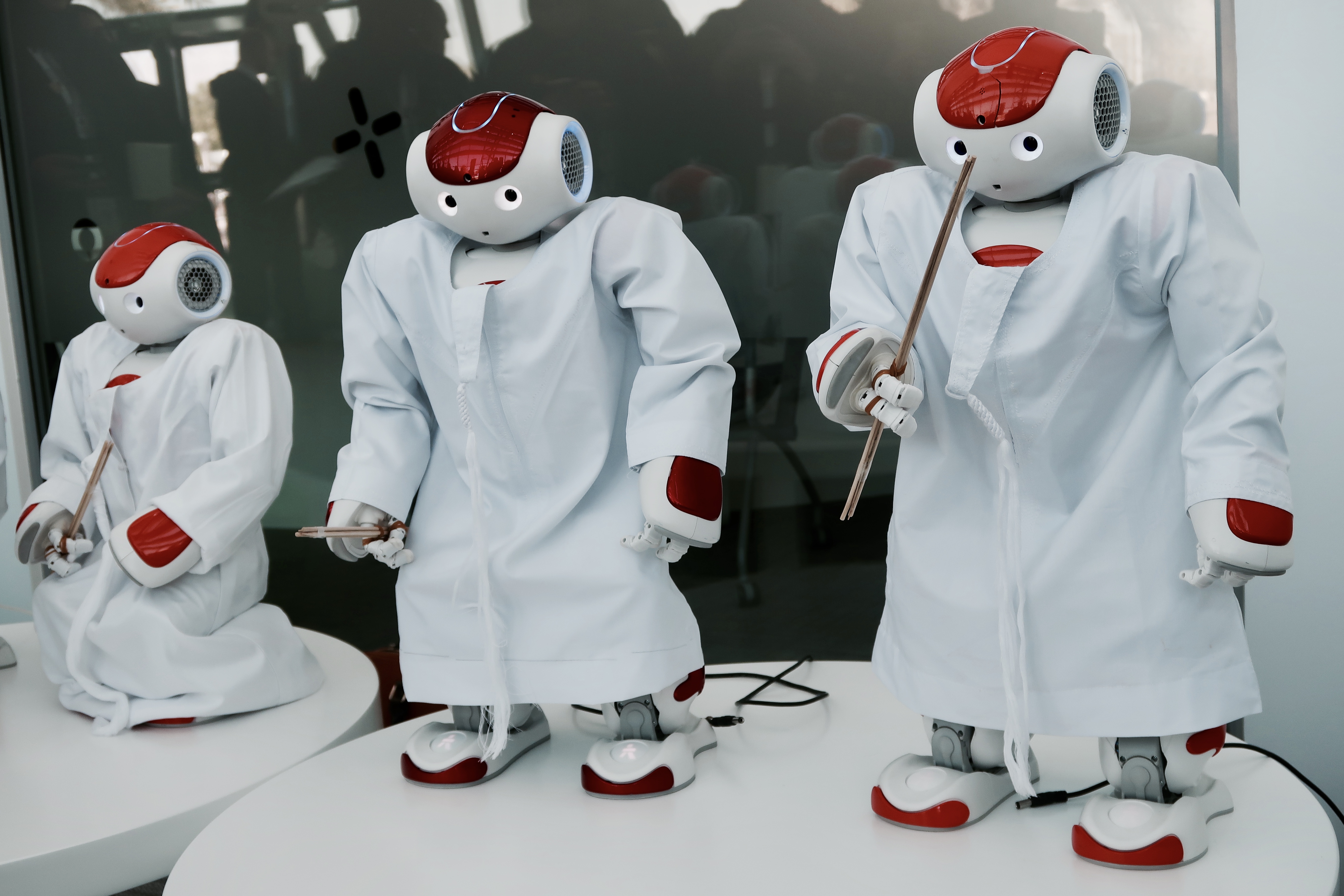Kyoto University, 11th International Conference on Applied Ethics – 15-16.12.2018
Our Talks (December 16):
Machine Learning in Healthcare and its Effects on Clinical Research – by Cansu Canca
A New Viral Epistemology – by Laura Haaber Ihle
.
Event:
The theme of the 11th International Conference on Applied Ethics is “Science, Technology, and Future Generations”.














